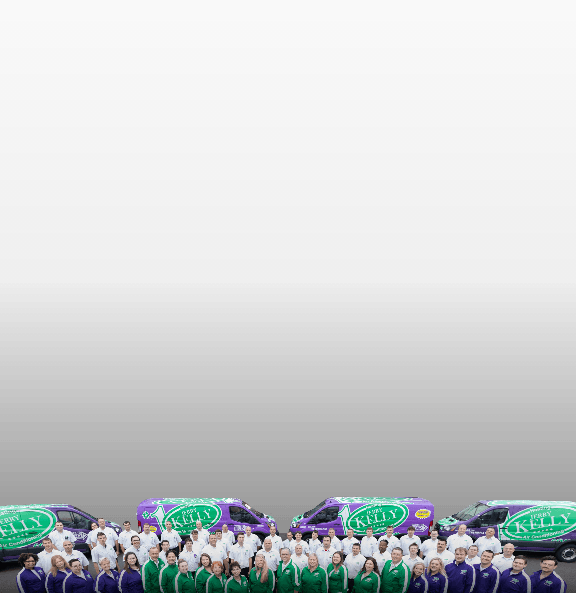In 1992, an amendment was made to the Montreal Protocol that would affect most homeowners around the country. A plan was set in place to phase out R22, the most commonly used refrigerant in all residential cooling systems.
Given the somewhat complicated schedule of the R22 refrigerant phase-out, many homeowners can be confused about how the protocol directly affects them and their units. That’s why we wanted to address some of the most common questions St. Louis area homeowners have about phasing out.
Why is R22 refrigerant being phased out?
Although R22 refrigerant has been the primary refrigerant of choice for air conditioners and heat pumps for over forty years, it has not been so beneficial for the environment. Both the use and the manufacturing of R22 refrigerants have damaging environmental effects.
As we discussed in our blog about air conditioner refrigerants earlier this week, many cooling systems eventually develop leaks which cause refrigerants to be released into the environment. This contributes to the depletion of the ozone layer, especially when you add up the number of homes that use R22 refrigerant around the world.
R22 is also a greenhouse gas, and the manufacturing of it significantly contributes to global warming.
When will the R22 refrigerant phase-out begin?
The R22 refrigerant phase-out has already begun, and the manufacturing of new R22 refrigerants will be completely banned in 2020. In 2010, the production of R22 for new air conditioning equipment was banned, meaning that any of the refrigerant that is manufactured from now until 2020 will only be for existing equipment.
What if you have a unit that requires R22 refrigerant?
If your current unit requires R22 refrigerant, you don’t have to worry about replacing it with a new system for some time. As mentioned above, the refrigerant will continue to be produced for existing equipment until 2020, and the existing R22 can also be recycled and reused for further use in other units.
The EPA says that R22 should be available for at least the next 10 years. Given the fact that the lifespan of a well-maintained air conditioner is about 15 years, this should be plenty of time to hold you over until it’s time to invest in a new, environmentally-friendly unit.
If you have any questions about the R22 refrigerant phase-out, contact Jerry Kelly Heating & Air Conditioning, your St. Louis area heating and cooling company.
